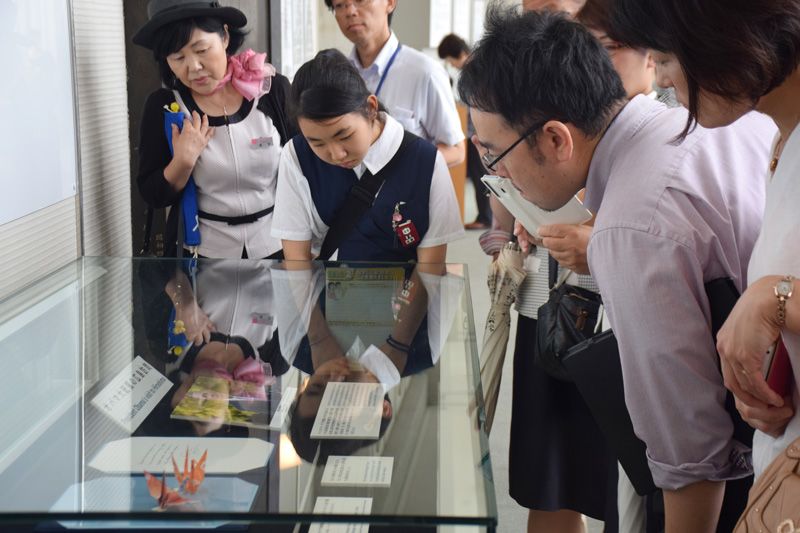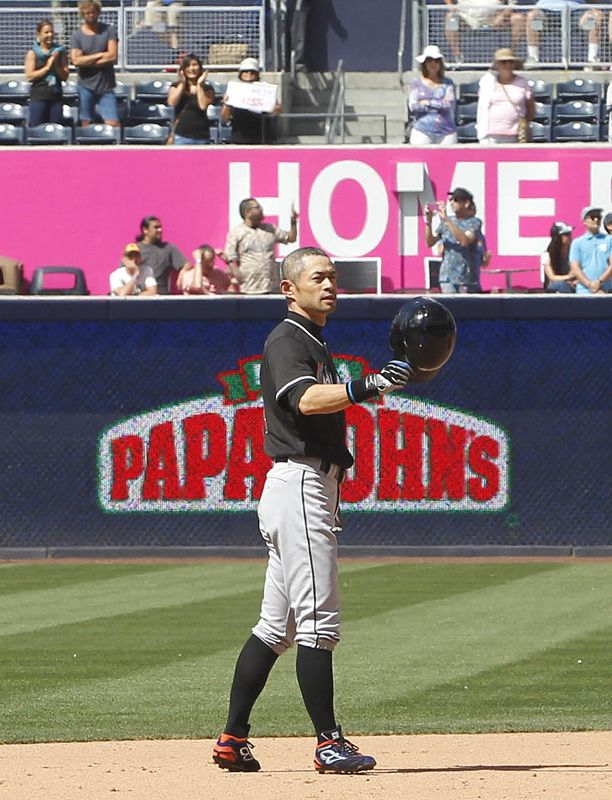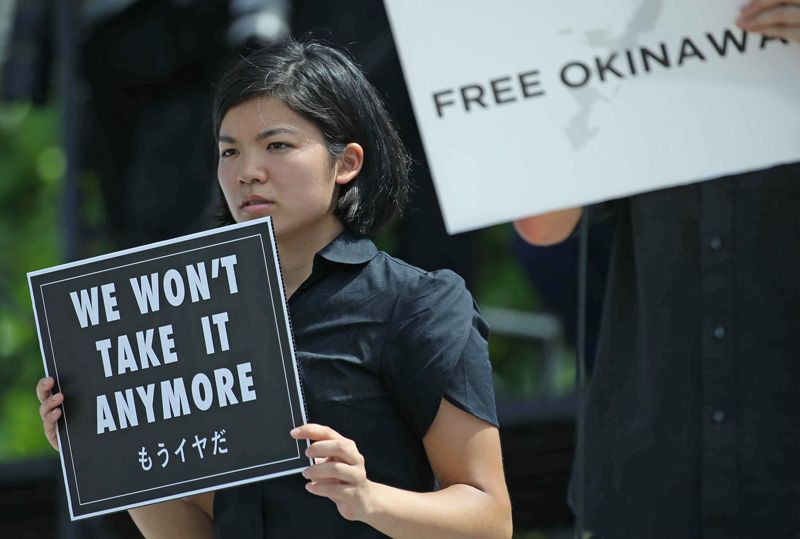Timeline for June 2016
Politics Economy Science Technology Society- English
- 日本語
- 简体字
- 繁體字
- Français
- Español
- العربية
- Русский
1
Prime Minister Abe Shinzō announces at a press conference that he will postpone a planned consumption tax hike from 8% to 10% until October 2019, citing risks to the world economy. The raise was originally scheduled for October 2015 and later delayed to April 2017.
3
Seven-year-old Tanooka Yamato is found alive in a Self-Defense Forces training camp in Hokkaidō, six days after going missing in the woods. His parents were reported to have dropped him off from their car and left him alone as punishment for throwing stones. When they returned five minutes later, he had disappeared.
6
The United States Navy imposes a drinking ban and restrictions of unnecessary trips off base on all sailors based in Japan. This follows a drink-driving incident on June 5 involving an American sailor.
8
The International Union of Pure and Applied Chemistry announces that element 113 in the periodic table will be named “nihonium” and have the chemical symbol Nh. The first element named by Japan, it was created by a team from the Riken research institute led by Kyūshū University Professor Morita Kōsuke. After a period of review, the name will be officially adopted by the IUPAC in November.
Suzuki Osamu announces he will step down as CEO of Suzuki Motor Corp. on June 29 following revelations about the company's improper fuel economy testing. He will relinquish control after almost 40 years leading the company, but remain in the position of chairman.
9
A Chinese frigate sails through waters near the Senkaku Islands, but stops short of entering the Japanese territorial sea (which extends 12 nautical miles from the shoreline). It is the first Chinese military vessel to pass through the contiguous zone extending a further 12 nautical miles from there. The Ministry of Foreign Affairs summons Chinese Ambassador Cheng Yonghua to register a protest.
Four origami cranes presented by US President Barack Obama during his visit to Hiroshima on May 27 go on display in the city’s Peace Memorial Museum. They will be exhibited until August 31.
 Visitors view origami cranes presented by US President Barack Obama at Hiroshima Peace Memorial Museum on June 9, 2016. (© Jiji)
Visitors view origami cranes presented by US President Barack Obama at Hiroshima Peace Memorial Museum on June 9, 2016. (© Jiji)
10
The Tokyo Stock Exchange approves messaging-app operator Line’s plan to go public. The company’s stock will be launched in Tokyo on July 15 and on the New York stock exchange on July 14. With an expected market capitalization of ¥600 billion, it will be one of this year’s largest initial public offerings.
15
Tokyo Governor Masuzoe Yōichi resigns, effective June 21, after a scandal concerning his use of political funds for private purposes. The election of his successor will take place on July 31, with the official campaign period beginning on July 14.
Suzuki Ichirō scores a double for the Miami Marlins, overtaking Pete Rose to set a record-breaking career total of 4,257 hits, of which 1,278 came in the Nippon Professional Baseball League and 2,979 in Major League Baseball.
 Suzuki Ichirō of Miami Marlins acknowledges the cheers of supporters after reaching a career total of 4,257 hits in the ninth inning of a match against San Diego Padres. (© Jiji)
Suzuki Ichirō of Miami Marlins acknowledges the cheers of supporters after reaching a career total of 4,257 hits in the ninth inning of a match against San Diego Padres. (© Jiji)
19
Major demonstrations take place in Naha, Okinawa, protesting the US military presence on the island following the May murder of a local woman by former Marine Kenneth Franklin Shinzato. Organizers later claim 65,000 people took part.
 A protestor holding a placard at a demonstration against the US military in Naha, Okinawa, on June 19, 2016. (© Jiji)
A protestor holding a placard at a demonstration against the US military in Naha, Okinawa, on June 19, 2016. (© Jiji)
20
The University of Tokyo falls to seventh place in the Times Higher Education Asia University Rankings 2016, after having topped the list for the previous three years. Kyoto University and Tōhoku University also drop to eleventh and nineteenth place, respectively. Only 14 Japanese universities appear in the top 100, down from 19 in 2015.
21
Hatoyama Kunio, the brother of former Prime Minister Hatoyama Yukio, dies of a duodenal ulcer at the age of 67. As a Liberal Democratic Party lawmaker, he served as Minister of Justice under the first Abe administration.
22
Nikesh Arora resigns as president of Softbank. Hired from Google in 2014, he was expected to succeed CEO Son Masayoshi, but Son has announced that he intends to remain at the helm for another 5–10 years.
Campaigning begins for the House of Councillors election to take place on July 10. A total of 389 candidates will compete for 121 seats, of which 73 are for electoral districts and 48 will be awarded through proportional representation.24
The yen soars and Japanese stock prices plummet after the British electorate votes to leave the European Union in a national referendum. The Nikkei index falls 7.9% to 14,952.02—its sharpest decline since the Great East Japan Earthquake of 2011—while the yen rises briefly to the 99 level against the dollar.28
The family of the founder of Idemitsu Kōsan announces its opposition to a merger with Shōwa Shell. The two companies, Japan’s second and fifth largest oil refiners, respectively, agreed in November 2015 to a merger that would be completed in April 2017. However, this statement means the move may not go ahead.29
The Ministry of Internal Affairs and Communications releases its 2015 national census summary report. The percentage of people aged 65 and over rises to 26.7%, meaning that for the first time more than 1 in 4 Japanese are seniors. The proportion of children aged 14 or younger falls to a record low of 12.7%.consumption tax Okinawa Barack Obama European Union Senkaku Islands House of Councillors Masuzoe Yōichi Softbank Line nihonium Suzuki Ichirō